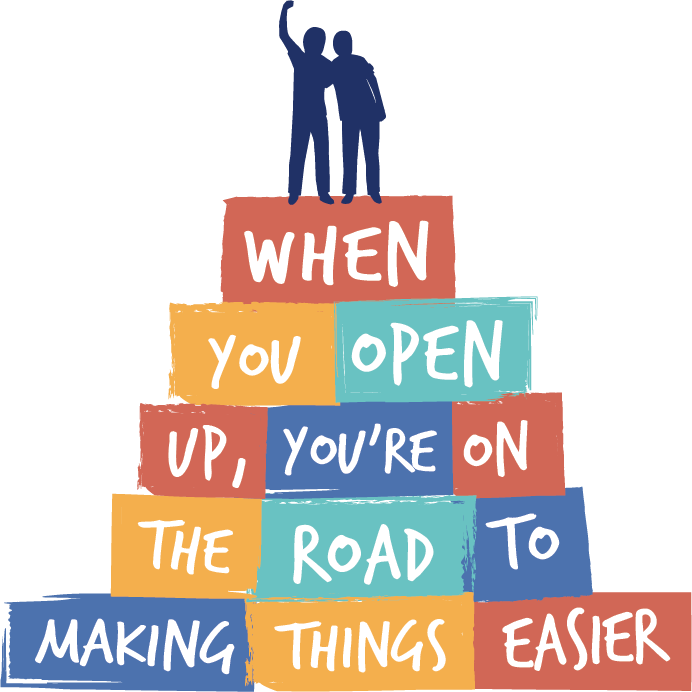Is something in your life getting in the way of going to school?
Many things in our lives can overwhelm us and disrupt study, and a lot of the time, it’s things we feel like we can’t control.
If you’re feeling like you want to quit school, we’re here to let you know that help is available.
We’ve taken a look at some of the common things that can make going to school difficult, and put together some ideas for how you and others can make your experience easier.

Having to work rather than go to school
If you’re old enough to have a casual job, you may be feeling pressure to work and earn money while balancing school.
If you’re working while at school, you may be:
- Feeling tired at school
- Finding it hard to think or participate in class
- Missing due dates
- Feeling anxious, stressed, or guilty about missing a shift or class
It can be super hard putting school first, but an education is what will help you with getting a better job in the future.
First, talk to your parents and let them know how you are feeling.
If you feel like your work commitments are clashing with school requirements, you can try:
- Talking to your parents/carers
- Talking to your employer about the hours and whether there’s another schedule that might work
- Talking to your teachers about any home expectations for work or life that are impacting your ability to meet school expectations. If your teacher doesn’t respond in the way you hoped, try talking to a guidance officer or year level coordinator
Take a look at Levi’s story to see how working while at school can be made easier.
Obstacles with mental health and school
One in seven young people aged 4 to 17 years experience a mental health condition in any given year (Beyond Blue).
If you’re living with mental or physical health challenges, school can feel too much, and you may be feeling overlooked.
Just remember, regardless of what you may be facing, everyone deserves the chance to have their voice heard and have an education that works for them! Your school has people and resources available to help you overcome barriers to your learning.
Your school may already know about your mental or physical health if it’s been previously diagnosed and brought to their attention. But if you’re experiencing new challenges that are making school hard, let your parents or your teachers know.
Every school wants to help you succeed, and will make efforts to be flexible and adjust the teaching program to meet your needs. The first step is to talk to someone at the school about your concerns. If a guidance officer or other mental health professional needs to be involved, they’ll let you know. From there, they can work out what’s best for you with school.
Depending on what you may be facing, special consideration from your teachers and school can make a huge difference. The first step is to be open with your teachers and your parents about your feelings.
Trouble at home
When things feel unstable, confusing or sad at home, those feelings can stay with you at school, making it harder than it should be.
When you’re facing troubles at home, it can be hard to know who to turn to. Try speaking to a teacher, guidance officer, year level coordinator, or other trusted adult at your school. They are professionals and they care about your wellbeing, even outside of school.
But if you know something is a problem, it’s always better to share it with an adult you trust so they can help carry the load.
“If someone is hurting you, or someone you know, that’s not ok. physical or psychological violence is never ok and there are people waiting to help.”
Be open with your parents about your feelings if you feel safe to do so. If you don’t feel like you can speak to them, or you don’t get the response that you were hoping for, don’t give up. Adults aren’t perfect and don’t always get it right, try reaching out to another adult you are comfortable talking to, a teacher, year level coordinator, school guidance officer, or other trusted adult in the school.
While it can seem hard or even scary to talk about what’s happening at home, just know that when you open up, you’re on the road to making things easier. If your teachers or guidance officers feel that you need more support, they may point you in the direction of another support network. Trust their guidance, they want you to feel safe and supported!
In the end, the important thing to know is that you don’t have to go through the hard things alone. Help is waiting for you, you just have to find it. Check out the support page for phone lines and services ready to take your call, as well as helpful resources and advice.





